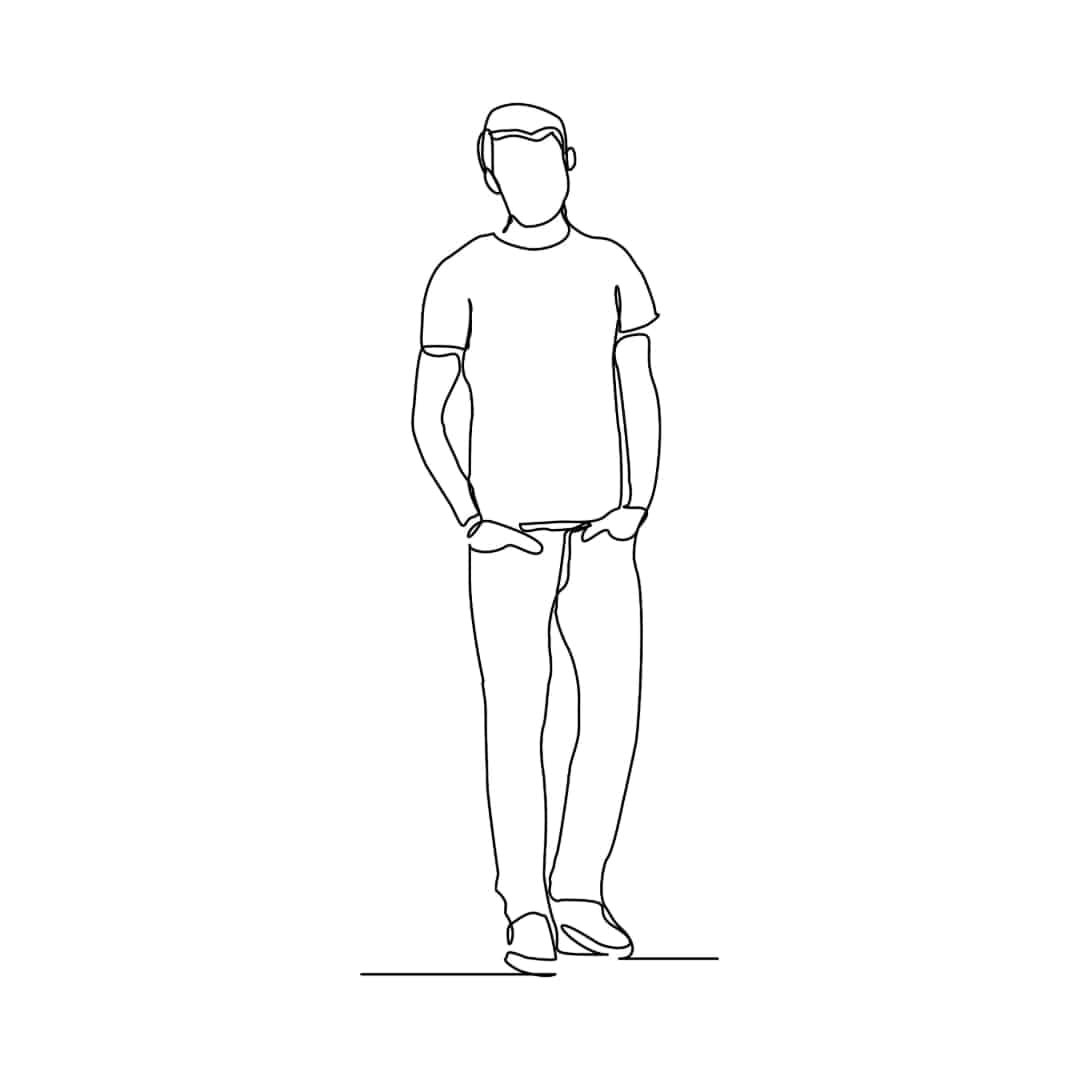Those who have suffered through a substance abuse disorder or have had a loved one who experienced one know that it can be difficult to fully recover from any type of addiction. While there are many treatments out there that have proven successful, each individual’s journey to recovery is different and may require a unique type of solution in addition to traditional methods.
An emerging type of complementary and integrative treatment, one that is not considered a stand-alone solution for substance abuse or mental health, that has shown significant results is music therapy. This specialized therapy, when combined with other methods, has been known to help treat mental illness, physical disabilities, and addiction.

What Is Music Therapy?
How Music Therapy May Help
Therapists have several goals when administering music therapy. Some hopeful conclusions for the patient may include:
- Emotional adjustment
- Stress relief
- Enhanced physical & mental well-being
- Communication skills
- Increased attention or memory
- Social involvement
- Motivation & self esteem
- Development of coping strategies
With these goals in mind, professionals carefully select candidates for this trending and emerging type of therapy. Typically, many patients with critical mental or physical issues will qualify for and may benefit from music therapy. It can assist when combined with other treatments for:
- Autism
- Dementia
- Depression
- Anxiety
- Crisis & trauma
- Physical pain
- Substance abuse
Types of Substance Abuse
Some types of addiction that require professional treatment and could see positive results from music therapy include alcohol, prescription and over-the-counter medicine (opioids and other pain relievers), heroin, and cocaine. If you are trying to find signs of addiction in yourself or a loved one, be sure to keep an eye on if the individual has a lack of interest in their hobbies, is changing friends often, isn’t taking care of themselves, is spending more time alone, eats more or less than normal, is sleeping odd hours, switches emotions quickly, or is having problems with work or family. The most common kinds of traditional treatment, which can be enhanced with complementary interventions, are:
- Rehabilitation at a recovery center
- Counseling
- Medicine designed to curb addiction
How Could Music Therapy Treat Addiction?
When combined with a formal treatment like rehabilitation, music therapy can be used in substance abuse treatment to help people relax, increase their focus, ease their stress, and help them adjust to recovery. Especially in the early stages of recovery, people may become overwhelmed by trying to achieve sobriety. Music therapy can help them cope with these emotional issues. It could also do the following things to aid those suffering from addiction:
- Address triggers that spark relapse
- Give individuals something to enjoy
- Help lead to better decision-making
- Promote self-expression
- Lead to other healthy regimens
- Help those with addictions accept and recognize their emotions
Overall, music therapy is a very beneficial tool when combined with traditional treatment methods for addiction and substance abuse. This type of treatment is not meant to be used on its own or administered at home, but can show significant improvements if completed by a therapeutic professional and designed for each individual case. If you are interested in learning more about music therapy in substance abuse treatment, please contact us at (866)-345-2147 today.



